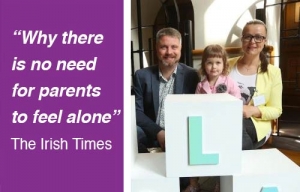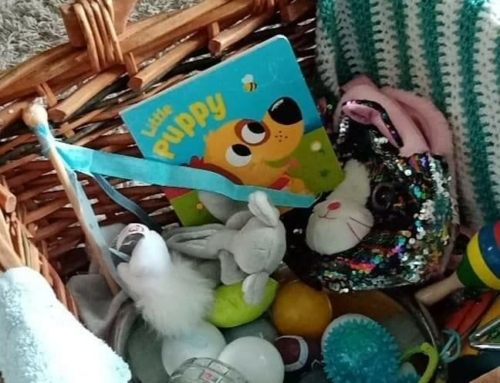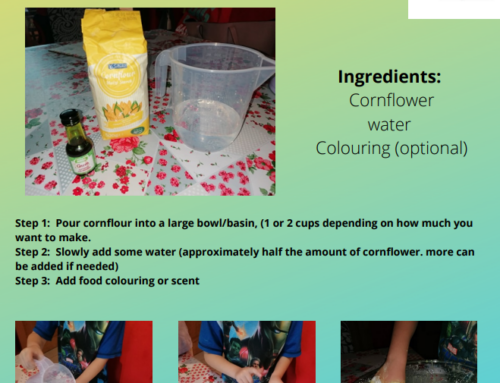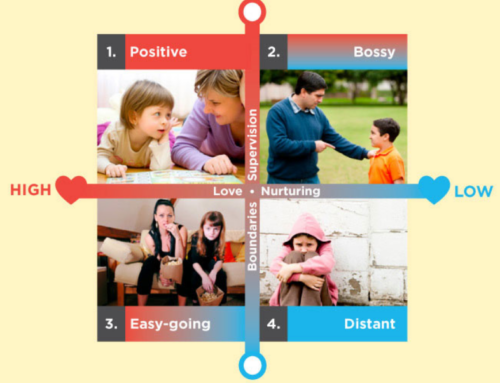What to do when your young toddler who now has lots of words but just says NO, NO, NO! It seems to be their new favourite word. Well, this may be because to them it seems to be our favourite word. I certainly remember when my daughter turned 2 going through a phase and it didn’t matter where or what we were doing everything was NO!
Trying to figure out why she was constantly using this word, thankfully didn’t take too long. I was heavily pregnant with my 3rd child and running after a 5 year old and a 2 year old the word ‘no’ certainly had become my favourite word. You know that saying ‘There’s nothing as contagious as example’! Need I say more?
One thing that is for sure is it doesn’t take long for children to understand the power of No. They learn it brings things to a halt and draws our attention. ‘No’ offers some control over situations whereas ‘yes’ means they are happy to go along with the flow. When our children realise saying no causes a reaction and we are trying to get them back on track they soon realise they’re in control.
Okay, your child has discovered he can control situations and this leads them to experiment with resisting and saying no in a variety of ways. So what can you do when your little darling starts to resist and asserting ‘NO’?
The first thing to understand is this is normal at this age . So try not to feel frustrated when they are being contrary.
Second, it is often useful to tell your child what to do rather than asking a question with a possible ‘yes’ or ‘no’ answer. For example, you could say “Here are some nice carrots” instead of asking, “Would you like some carrots?” You have removed the response option of ‘yes’ or ‘no’.
Another example where children like to resist is at bedtime. Again we can change this by starting the process in a positive manner. Simply say “Let’s get your pyjamas on and then we’ll pick the bedtime story you want to hear tonight”.
Finally, sometimes we need to ignore resistance and proceed gently but firmly along with the course you have chosen. There may be times you have organised to go out visiting or shopping and your child refuses to leave the house. Sometimes you may have to lead him firmly and calmly by the hand or indeed carry him to the car.
It is important not to be annoyed by this resistance, pay little attention to the fuss they may be making and avoid looking at them. Don’t try to reason or ‘sweet talk’ your child when he is actively resisting. When trying to reason and sweet talk we are simply reinforcing this negative behaviour. Children learn quickly that resisting and saying no may bring him more attention.
Children crave our attention. If the only attention they get focuses on their negative behaviour, unfortunately they will develop more and more negative behaviour. On a very plus side if we reward and give attention to their good behaviour this encourages more positive behaviour.
When your child has calmed down and you have paid little attention to what has just happened, reward him. Give them your undivided attention, make eye contact and reconnect. Focus on something he enjoys doing. A sing song on the journey to the shops or playing with them with their favourite toys.
Lifestart has lots more on the topic of ‘temper tantrums’ in our Growing Child Series. I hope this helps you understand when we talk to our babies and children the words we use are so very important.
So instead of saying ‘NO’ pause for a moment and consider the word ‘Stop’. Does it work better for the situation? ‘Stop’ is a little more specific than ‘no’ and actually when you think about it, is more relevant to what we want our child to stop doing!







